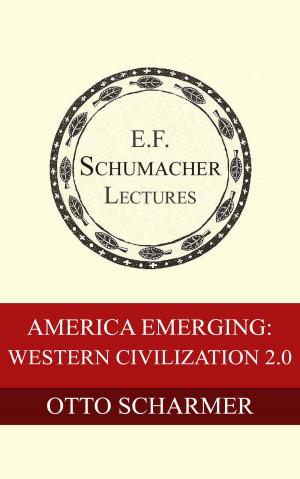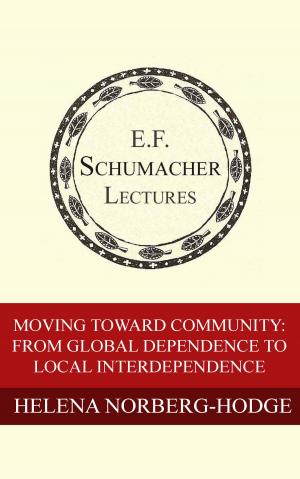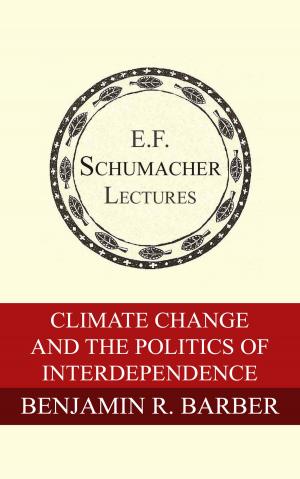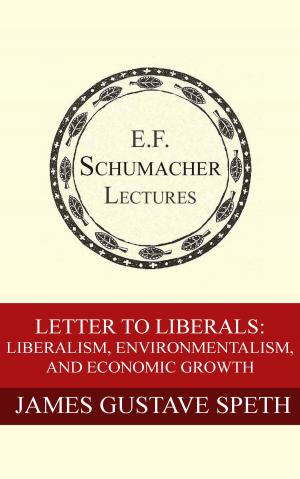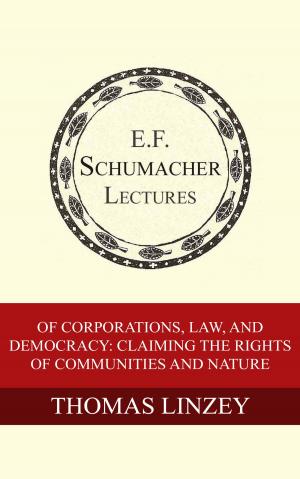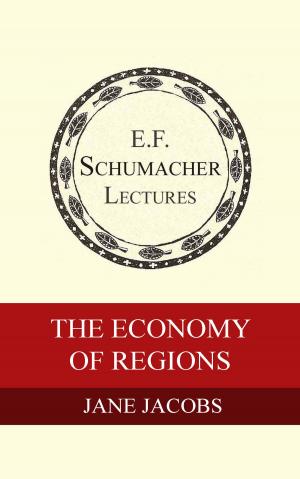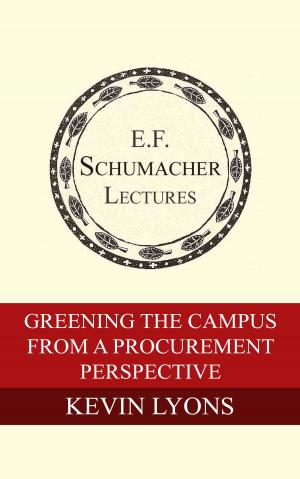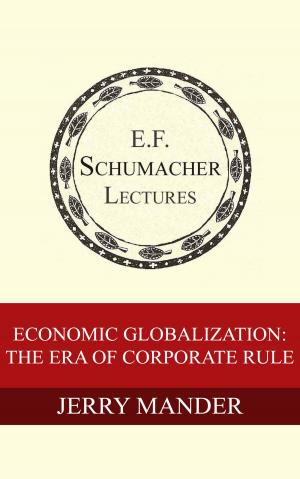Ecologically Sustainable Economic Development: Not Just Another Pretty Face
Business & Finance, Economics, Sustainable Development, Nonfiction, Science & Nature, Nature, Environment, Environmental Conservation & Protection| Author: | George D. Davis, Hildegarde Hannum | ISBN: | 1230000345392 |
| Publisher: | Schumacher Center for a New Economics | Publication: | October 23, 1993 |
| Imprint: | Language: | English |
| Author: | George D. Davis, Hildegarde Hannum |
| ISBN: | 1230000345392 |
| Publisher: | Schumacher Center for a New Economics |
| Publication: | October 23, 1993 |
| Imprint: | |
| Language: | English |
The collection of lectures and publications from the Schumacher Center for a New Economics represents some of the foremost voices on a new economics.
George Davis devoted his MacArthur fellowship to mapping the watershed of Lake Baikal, the largest fresh-water source on earth. Using zoning methods, conservation easements, and the community land trust model for the productive land, he has undertaken to implement a sustainable economic development plan for the watershed to ensure the protection of this important world resource in the face of the many changes going on in the former Soviet Union. Davis's motto, "Listen to the land, listen to the people," has helped him create cohesiveness among the various interest groups, including emerging regional government authorities, environmentalists, entrepreneurs, academicians, and representatives from foreign countries. His approach is highly effective and his lecture an important addition in a series on environmental issues.
The collection of lectures and publications from the Schumacher Center for a New Economics represents some of the foremost voices on a new economics.
George Davis devoted his MacArthur fellowship to mapping the watershed of Lake Baikal, the largest fresh-water source on earth. Using zoning methods, conservation easements, and the community land trust model for the productive land, he has undertaken to implement a sustainable economic development plan for the watershed to ensure the protection of this important world resource in the face of the many changes going on in the former Soviet Union. Davis's motto, "Listen to the land, listen to the people," has helped him create cohesiveness among the various interest groups, including emerging regional government authorities, environmentalists, entrepreneurs, academicians, and representatives from foreign countries. His approach is highly effective and his lecture an important addition in a series on environmental issues.



